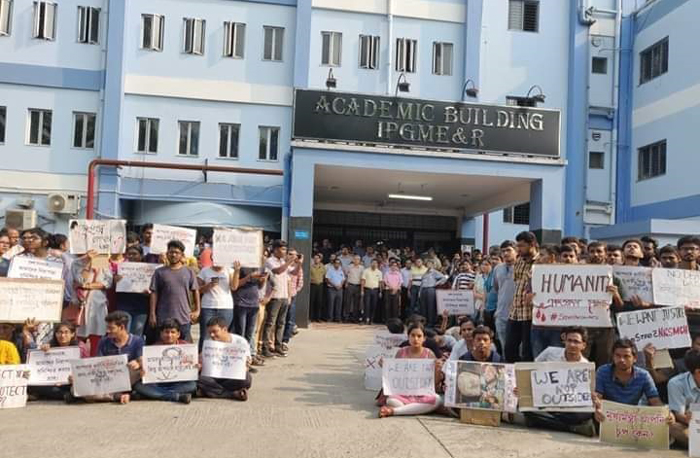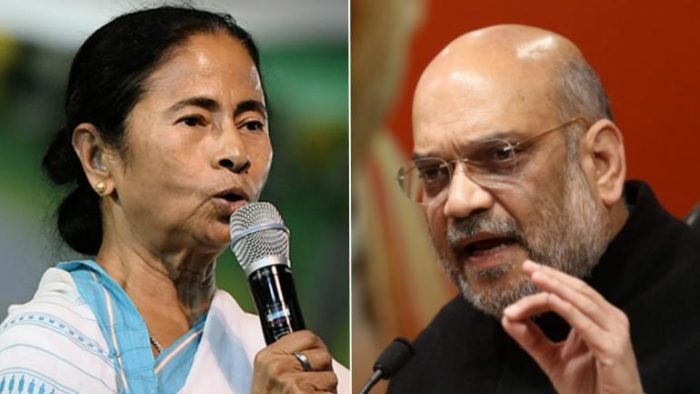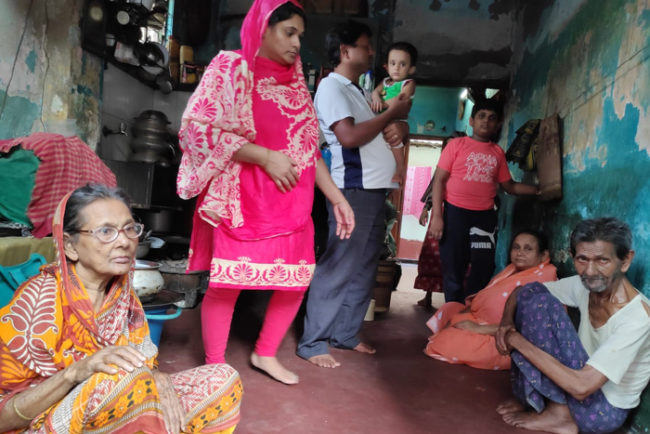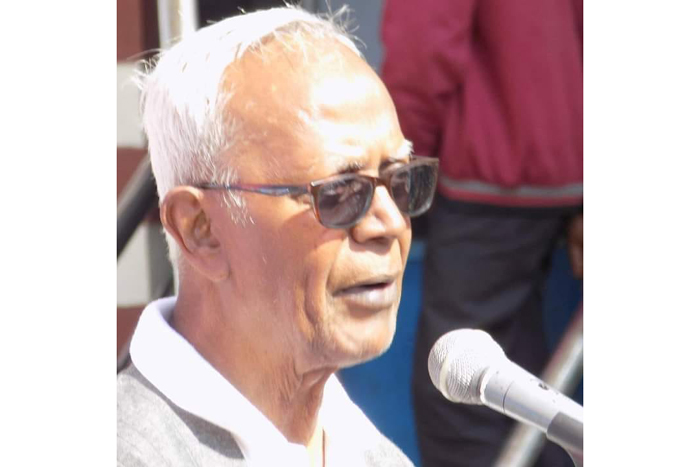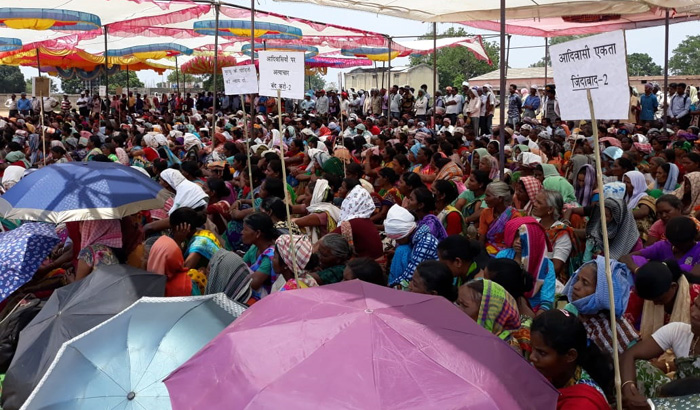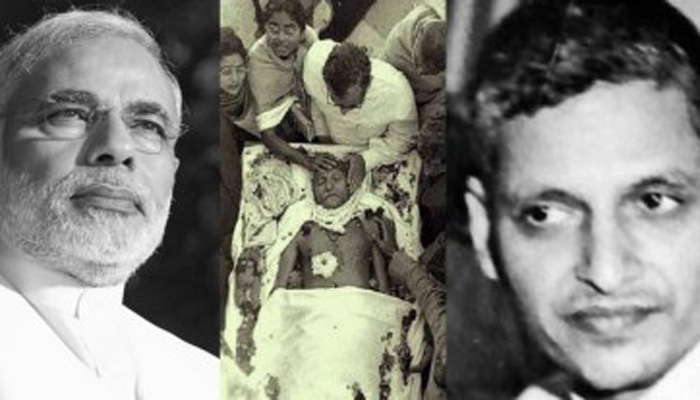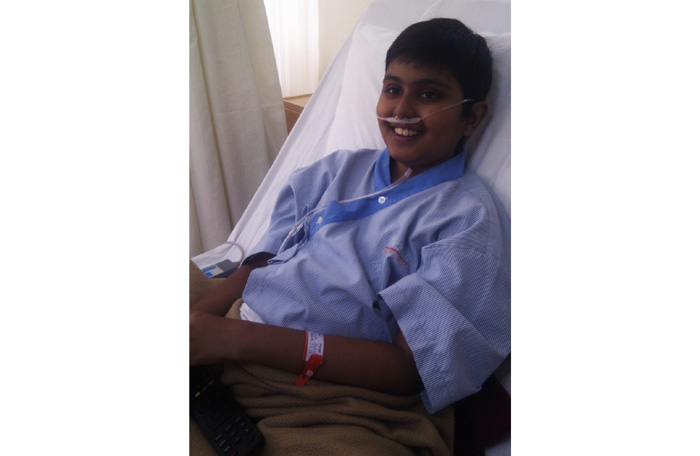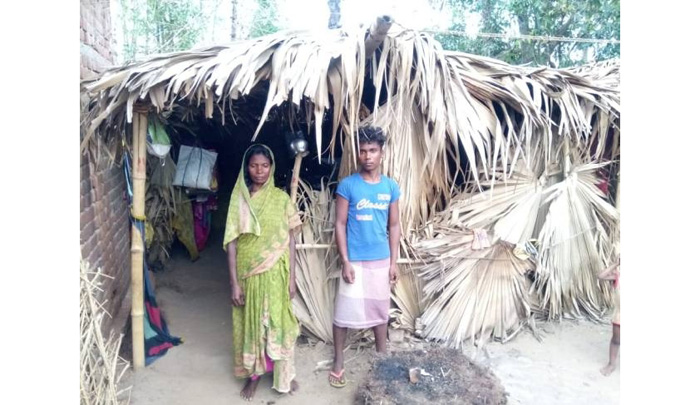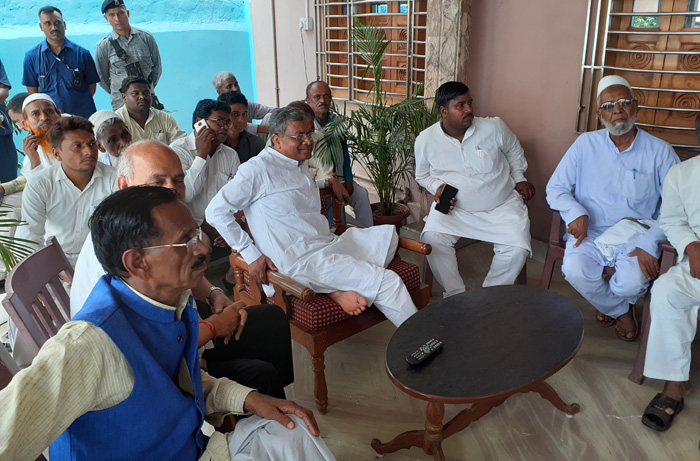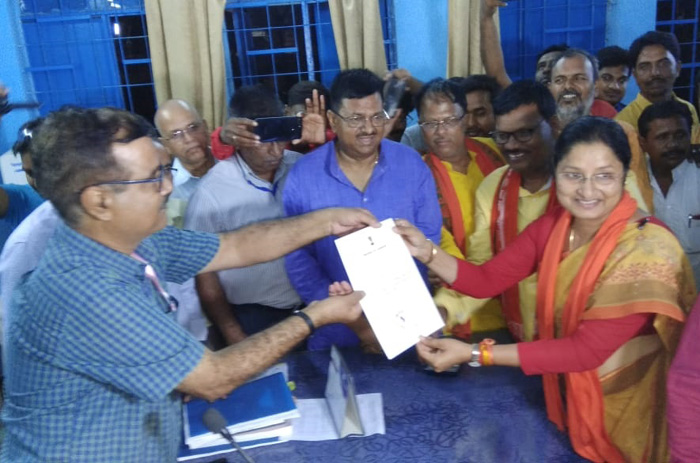Kolkata: With every passing day, the government healthcare system has seen a complete breakdown in West Bengal since a patient party at Neel Ratan Sarkar (NRS) Hospital beaten doctors after the death of a patient on June 10. With Chief Minister Mamata Banerjee visiting another government hospital (SSKM) and asking the doctors to withdraw their protest, without condemning the assault has only aggravated the situation. Now, both the senior and junior white coat persons have not only suspended their work in government hospitals across the state, and around 300 medical practitioners have also resigned.
The Six demands
While the agitation is getting support from across India, the junior medical practitioners have now put forward six unconditional demands.
The first and the most important demand being, Chief Minister Mamata Banerjee, who is also the state health minister, should both condemn the act of patient party assaulting junior doctors at the NRS Hospital and visit the injured doctor at Neurosciences Institute Kolkata.
“Urgent intervention of the Honourable Chief Minister of Bengal into the matter including visiting Dr Paribaha Mukhopadhyay at INK and interacting with the agitated students at NRSCMC&H followed by a detailed press release from her office condemning the events that took place on 10.6.2019 and withdrawal of statement issued by her at the SSKM hospital on 13.6.2019,” stated the press note released by the agitating doctors.
The doctors have also demanded documentary evidence of action taken by the police against those involved in the incidence of violence against the doctors on June 10. They have also demanded the withdrawal of false cases imposed on the doctors and medical students.
Speaking to eNewsroom, Anupam Bhattacharjee, a junior doctor at R G Kar, without mincing words stated, “The way the CM spoke and ridiculed us instead of taking action against those involved in the attack at NRS Hospital. Her statement has further infuriated us.”
Apology first, treatment later
On being reminded about being under oath to treat the sick, he said, “The emergency is open so people can come in and avail treatment.” However, on being reminded that there were no doctors in the emergency, he quickly said, “We will resume work immediately, once she tenders an apology. Also, they have the CCTV footage, which can help them identify the culprits, which can be used as evidence to book the accused.” He further stressed that the doctors could be coerced to work. “A public apology from the CM is the only way to get us back to work,” he said.
How justified is the complete shutdown?
The complete shutdown of government healthcare infrastructure has lead to a medical emergency of a kind in the state, which has put the terminally ill and those in need of immediate medical help at stake.
While the junior doctors are claiming in a video that they have the support of the legal fraternity, eNewsroom spoke to advocate Shabnam Sultana to know what the law has to say about such strikes.
Sultana, who practices in the Calcutta High Court said, “Complete shutdown of hospitals across the state is definitely not justified legally. There are several Supreme Court rulings which don’t support such agitation.”
She further added, “Doctors are life savers and are bound to save life at any cost. Such agitation is putting the lives of so many patients at a risk. There are many ways of putting forward their demands. They can, of course, take the legal recourse to have guilty punished.
“Doctors’ going on strike is unconstitutional”
Meanwhile socio-legal researcher and activist, Biswanath Goswami, pained by the gross violation of ‘right to life’ of patients pleading to the doctors for medical help has filed public interest litigation (PIL) against the total breakdown of the healthcare system in the government hospitals and infringement of Fundamental and Legal Rights of emergency patients, injured and terminally ill patients and gross violation of the Article 21 of the constitution of India and Hon’ble Supreme Court judgments.
In his PIL, Goswami mentions, “Access to medical attention and treatment is a part of right to life and a Fundamental right guaranteed under Article 21 of the Constitution of India and basic human right conferred by the common law where such illegal Suspension of work/Cease-Work by the Doctors in the Govt. hospitals and other hospitals in the state of West Bengal and others is gross violation of the constitution of India.”
He further pointed out, “Medical service is not like any other services. They are missions for serving the society and nation and saving lives as they are under ‘Hippocratic Oath’, any strike, cease-work, work-suspension by doctors and medical professionals for any reason is professional misconduct and illegal. In case of any larger / local interest issues, doctors must be more responsible for registering their protest in a noble manner.”
Meanwhile, Indian Medical Association (IMA) has also announced for nationwide doctors strike on June 17, if the demands of the junior doctors in Bengal is not fulfilled.


